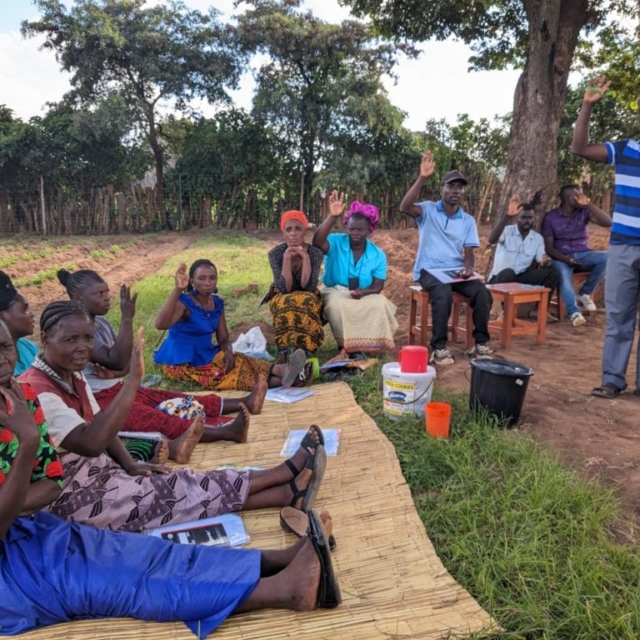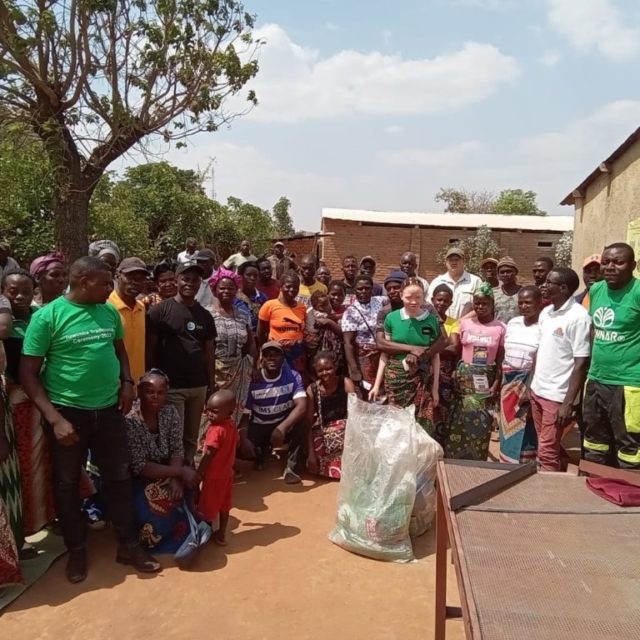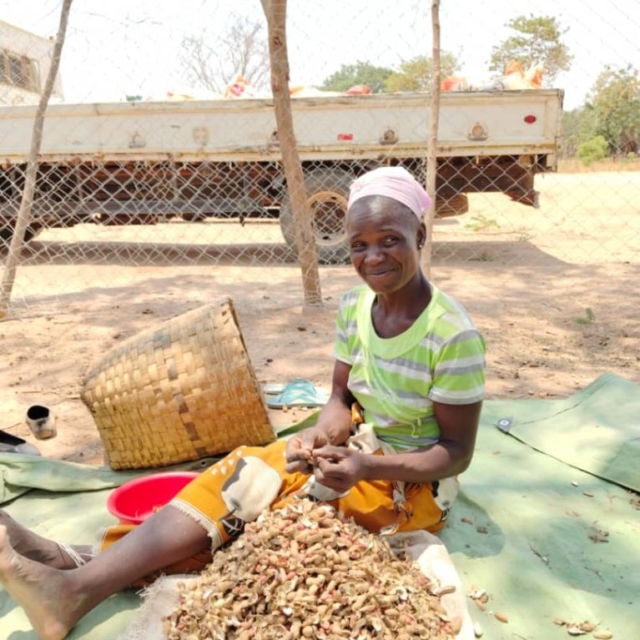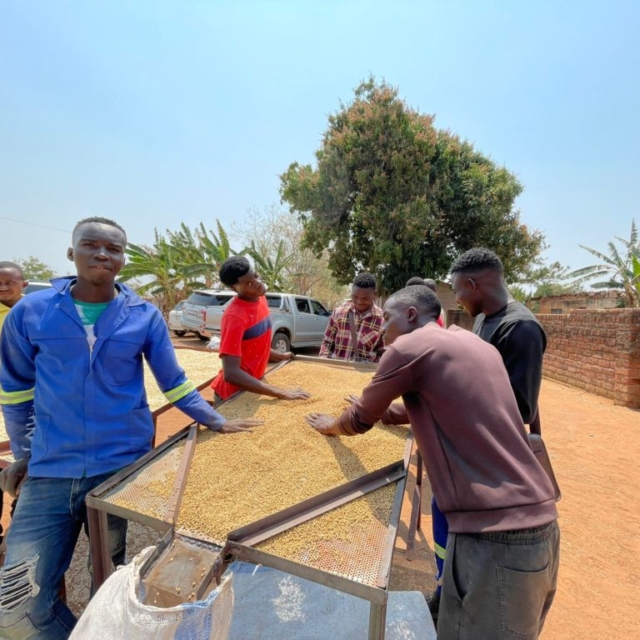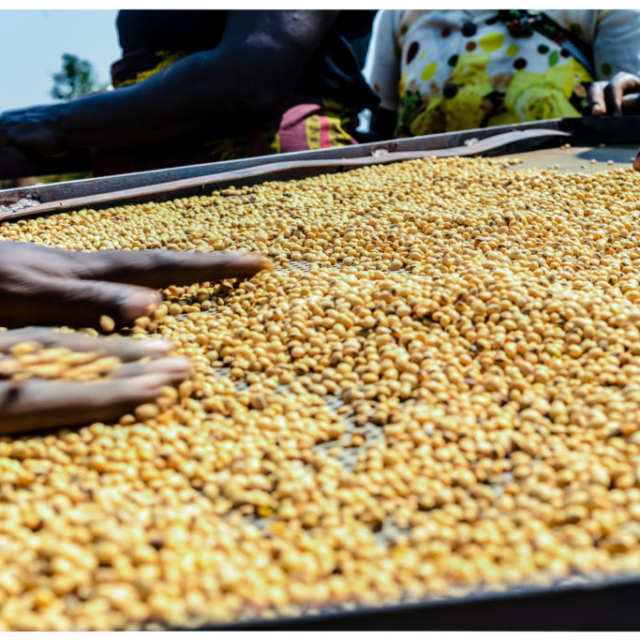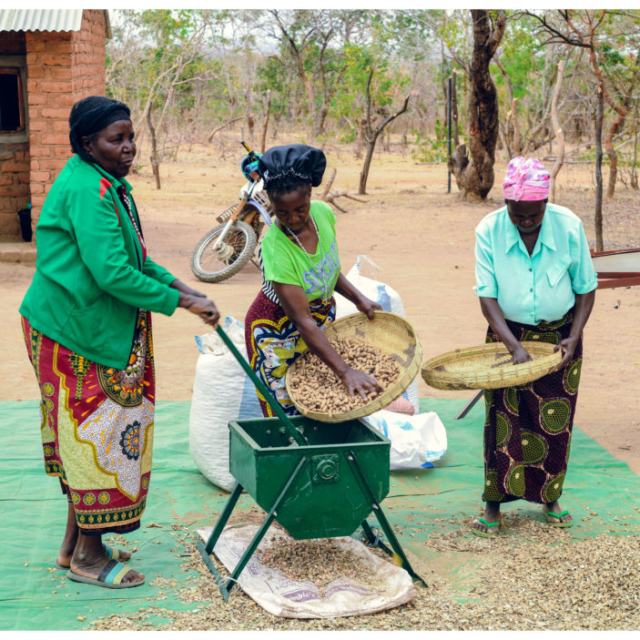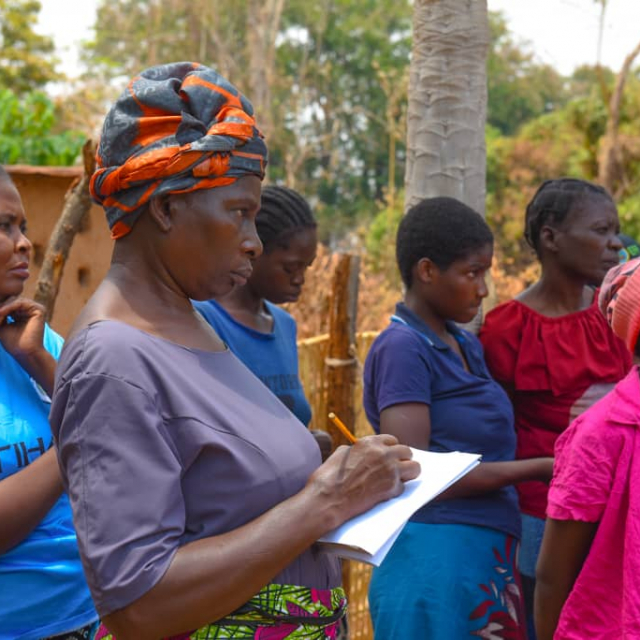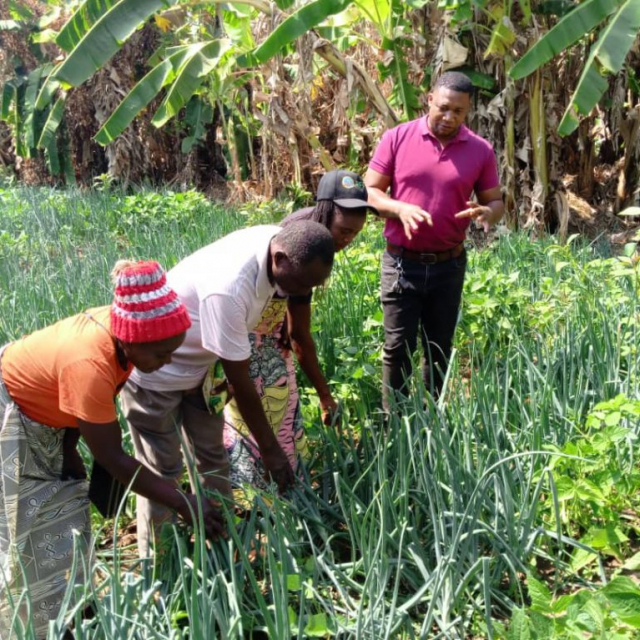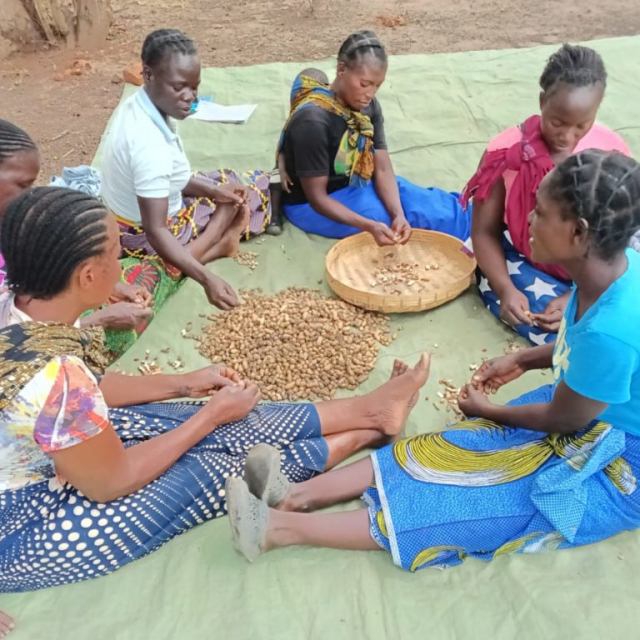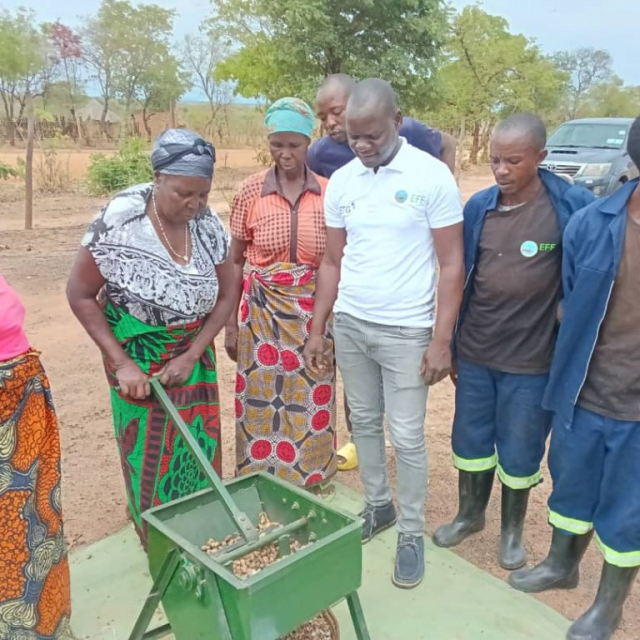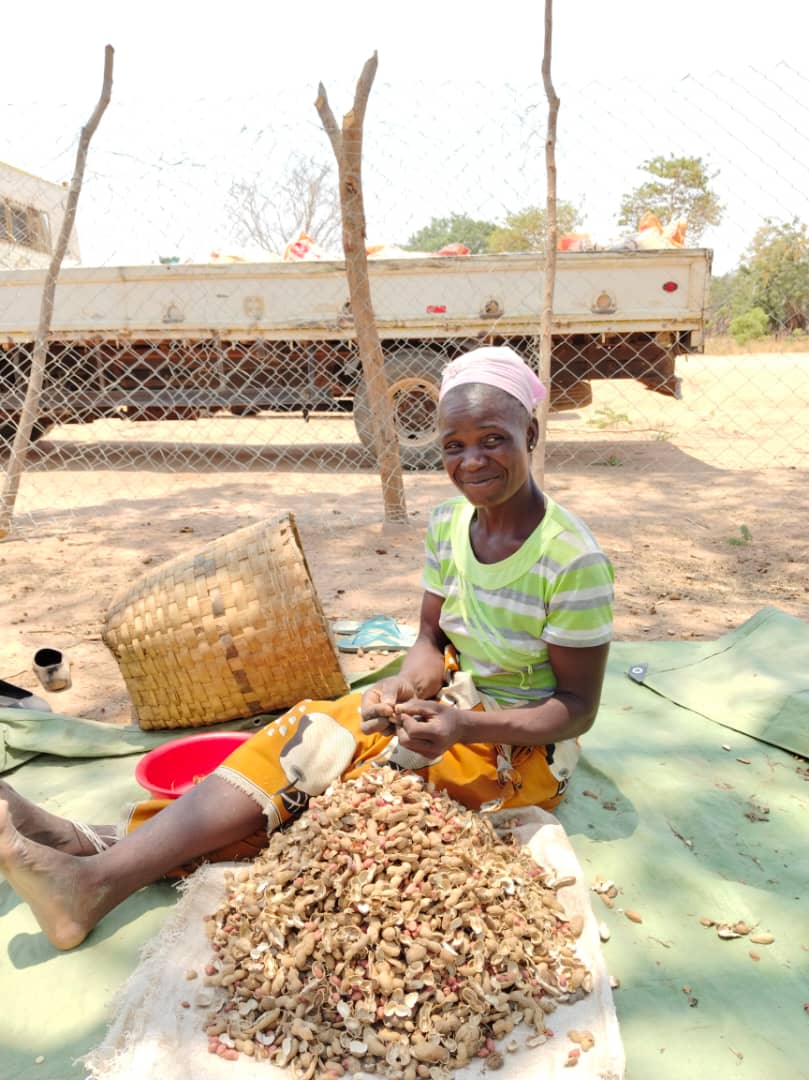
USAID/ATI Food Resilience and Security
GOAL
To set up 5 smart, integrated seasonal open marketplaces that bring farmers and traders together.
LOCATION
Eastern and Central provinces of Zambia
DURATION-
2023
-
2024
FARMERS
7500
VALUE CHAINS
Groundnut, Maize, Soybean
PARTNERS
USAID - ATI, AfricaGlobal Schaffer, Bechtel.org
FUNDING
USD 1,642,291
USAID TradeBoost- Zambia Food Security and Resilience Corporation Partnerships
Following the effects of Russia’s invasion of Ukraine, USAID engaged its Africa Trade and Investment activity (ATI) through the USAID TradeBoost project to facilitate private-sector partnerships that could rapidly promote access and availability of agricultural inputs, technologies, and food in response to price and availability shocks across Africa. ATI partnered with the Empowering Farmers Foundation (EFF) and partners, AfricaGlobal Schaffer and bechtel.org., to address price and food security impacts in Zambia through the establishment of seasonal aggregation centers in the Eastern and Central Provinces of Zambia.
These centers, named Seasonal Open Markets (SOMs), are designed to improve food security and resilience by reducing postharvest losses, transaction costs, and market uncertainty. The innovative approach is a series of district-level collection centers in high production areas serving as aggregation points to accumulate mostly maize and legumes from smallholder farmers and facilitate a better trading environment for farmers and private traders, as both parties will be certain of grain quality. It integrates smart technologies, logistics, equipment access, and transaction facilitation to boost output. Centers lessen opportunistic behaviors among private traders through improving aggregation conditions; accessing harvesting, drying, shelling technologies; and increasing reliable market connectivity of large volumes, and supplying an agro-processing hub for value addition. It aligns with the government’s priority and strategy to increase production and exports.
During this 12-month program, the implementing partners reached over 8000 farmers across Zambia, engaged with 74 private-sector enterprises, and set up 7 SOMs that received and traded over 5000 MT of maize, groundnuts, soybeans, and sunflower. Sales have topped $1.9 million. Nearly half of the farmers reached are females, and over a quarter are youth. The SOMs continue to bring agriculture inputs, farm implements, and various service providers to smallholder farming communities while promoting Climate-Smart Agriculture technologies at twenty EFF demonstration plots through a participatory learning approach.

